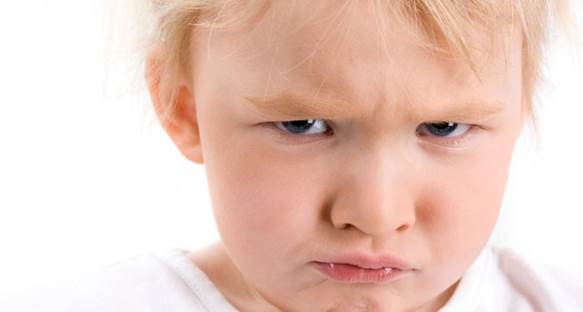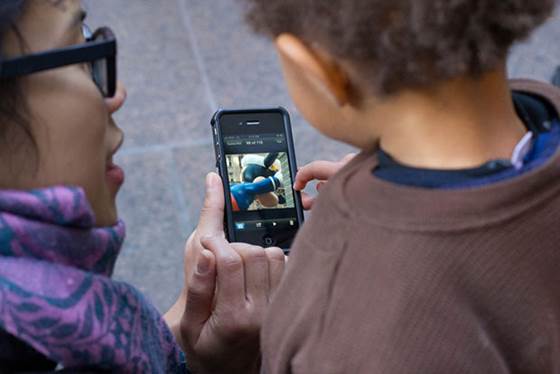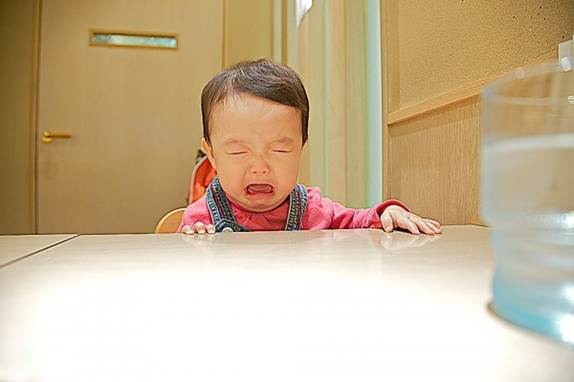Getting angry is a popular behavior to
babies who are one to three years old. So, what should moms do to cope with
children’s angers.
According to Patricia Prince – Child
psychologist from Boston University, American, practically there’re 60%-80%
children who are from 2 to three years old get angry at least once a week and
20% children at the age get angry every day. This behavior can last to the time
they reach 4.

60%-80%
children who are from 2 to three years old get angry at least once a week.
So, how can parent cope with the
situations? Patricia Prince recommended parents not to really avoid children
anger because anger is the normal emotional development of babies. However, to
minimize the frequency of angers, you need to teach your children about
behavior control.
The followings are 3 options that can help
babies calm down as soon as possible.
1. Distract them

When
children get angry, parents should distract them with something around.
This is one of the most effective ways
because according to Patricia Prince, children forget really fast. So, when
they get angry, parents should distract them with something around. As soon as
you have their distraction, they will forget the anger.
If you and your children are outside,
there’ll be many things that can distract them but, in case you’re at home, you
should make them sit down with you and show them interesting pictures in books
or on the TV….
Patricia Prince said that babies could
easily be distracted by things around as well as they could forget the reason
of their angers. This is a simple but efficient way to calm babies down.
2. Let them be alone

Let
them alone despite the crying.
This way can be practiced when children
have unreasonable anger like when they want to do something they can’t and get
angry for that. You should talk to them seriously that you can’t agree with
their behavior and if they keep on being angry and crying, you will leave them
alone in the room. At first, you can tell them that you will go out for 10
minutes and if they still cry when you come back, you’ll leave them alone until
they stop crying.
Patricia Prince advised parents to do
directly what they said so that children can be affected; otherwise, children
won’t believe in it next time. Let them alone despite the crying. When children
want to be close to you or something else, you must state that they must stop
crying before backing in playing with you.
Besides, you can also make them stay in the
punishment zone which is not supposed to be the corner of the wall but any
place of the house and children can only get out from the place when they stop
crying.
3. Understand children
Sometimes, children get angry when tired or
hungry. To many children, poor sleep can make them become bilious. Therefore,
the siesta is very important to children who start walking or are in
kindergarten ages as it can calm them and reduce the anger.
Moreover, parents should children’s eating
schedule because when hungry, children often get angry. Children who’ve just
started talking or walking have lots of difficulties in expressing their
feelings, so they just put their displeasures in angers in order to get
attention from others.
According to psychologist Patricia Prince,
if children have more than 3 times get angry and crying in a days or the anger
last in over 15 minutes, you can check other factors like their eating or
sleeping schedule. In the case you can’t be sure about the reason of casual
tempers, you can just ask child psychologists.